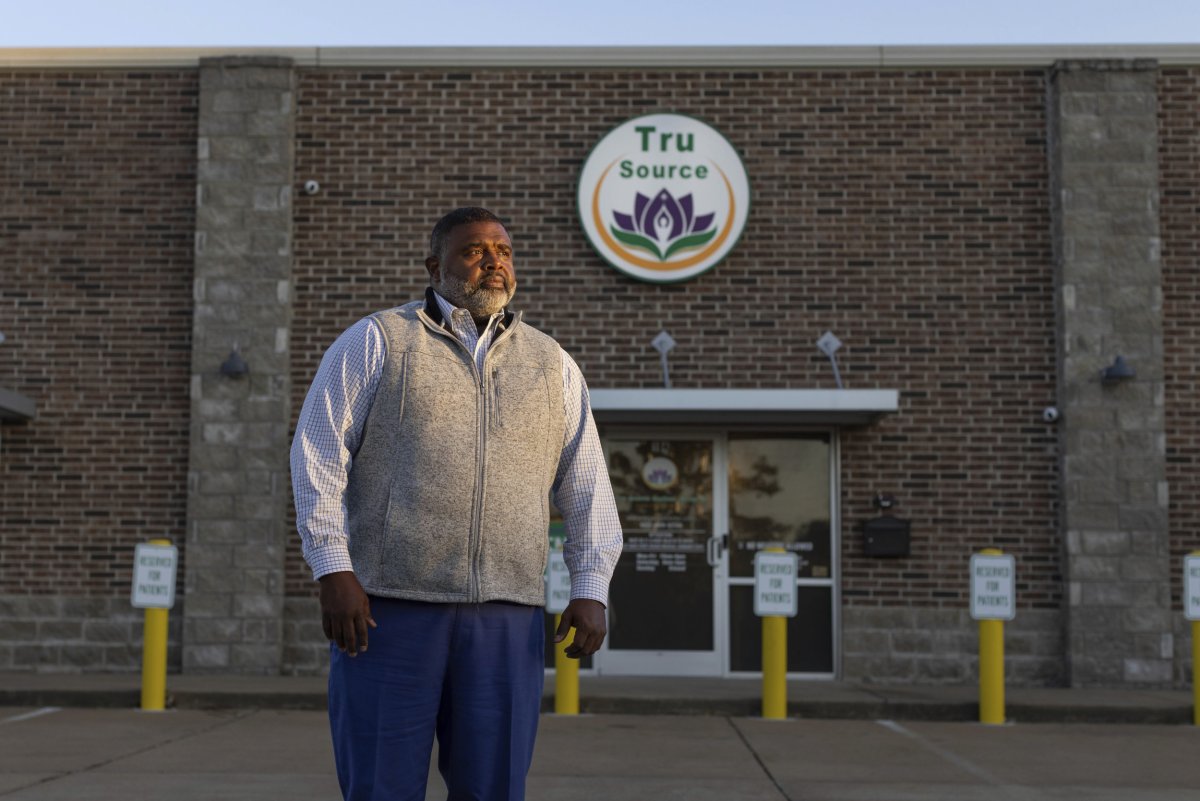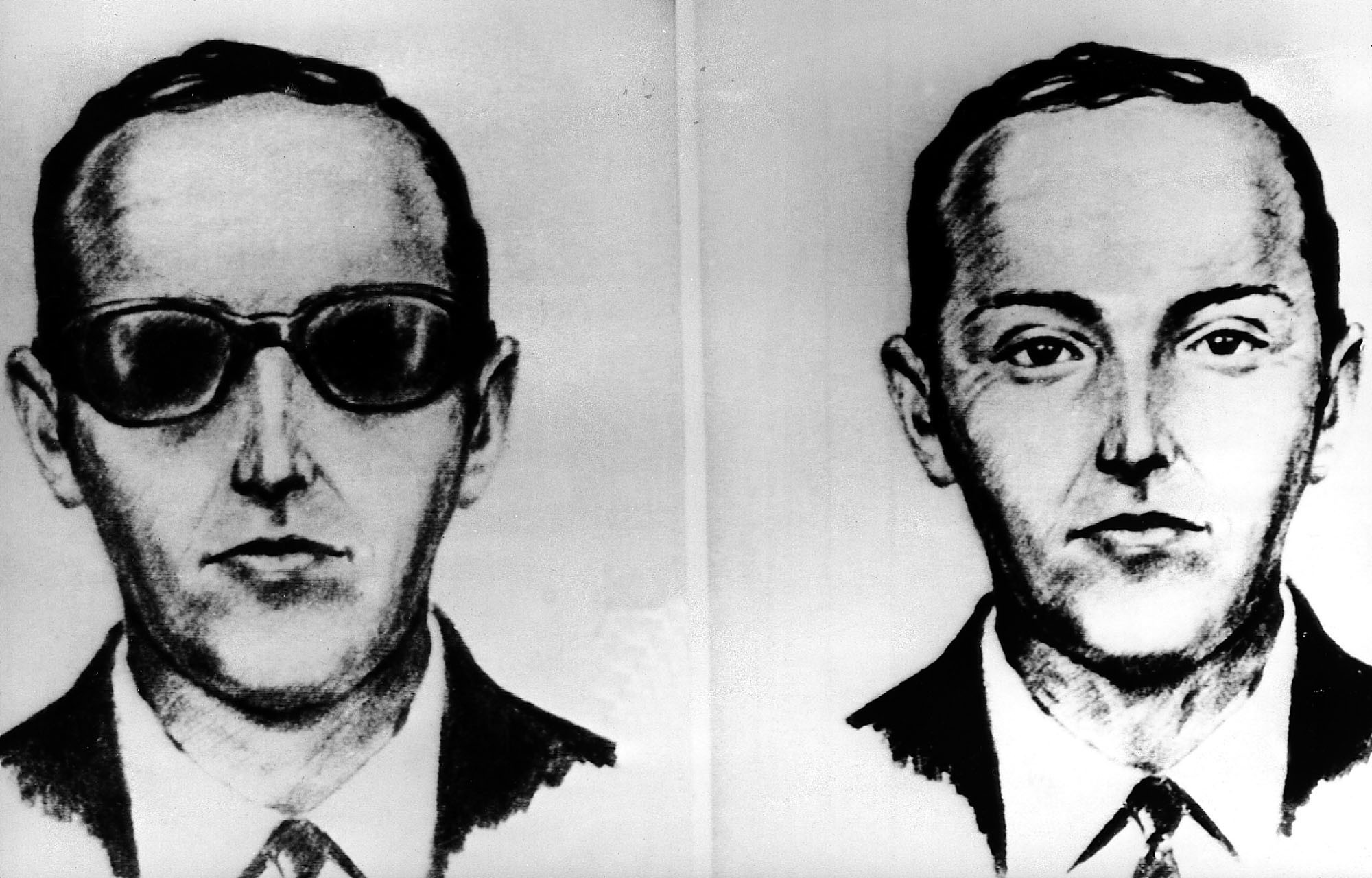A federal appeals court has upheld Mississippi's ban on medical marijuana advertising on Friday, rejecting arguments it violates the First Amendment.
What Did the Court Rule?
The decision, handed down on Friday by a three-judge panel from the 5th U.S. Circuit Court of Appeals, highlights the ongoing clash between state-level marijuana legalization and the federal Controlled Substances Act.
Despite Mississippi legalizing medical cannabis in 2022 for individuals with debilitating conditions, the court ruled that the state could restrict advertising because marijuana remains illegal at the federal level.
The federal law applies in all states and Mississippi "faces no constitutional obstacle to restricting commercial speech relating to unlawful transactions," the judges wrote, referencing the federal Controlled Substances Act that has outlawed marijuana production, distribution and possession since 1970.

What Was the Case?
Clarence Cocroft II, owner of Tru Source Medical Cannabis in Olive Branch, Mississippi, sued the state in 2023, claiming the advertising ban hindered his ability to connect with potential customers and spread awareness of the medical marijuana program. His lawsuit argued that the First Amendment protects the right to advertise.
"Upholding this ban makes it incredibly difficult for me to find potential customers and to educate people about Mississippi's medical marijuana program," Cocroft said in a statement published by The Associated Press on Monday. "I remain committed to continuing this fight so my business can be treated the same as any other legal business in Mississippi."
Represented by the libertarian nonprofit law firm Institute for Justice, Cocroft and his legal team are now weighing their options, including a possible appeal to the U.S. Supreme Court.
The case comes as Mississippi's advertising restrictions prevent medical marijuana businesses from promoting their products via billboards, print, broadcast media or mass communications like emails or text messages.
However, cannabis dispensaries are allowed to maintain websites and social media pages with limited content, list products in directories and incorporate cannabis imagery into their logos. They can also sponsor charitable and advocacy events.
The state attorney general's office applauded the court's decision to uphold "Mississippi's reasonable restrictions on advertising for medical marijuana dispensaries by print, broadcast, and other mass communications," said the office spokesperson MaryAsa Lee.
Meanwhile, the case highlights a broader tension in states like Mississippi, which have embraced the economic and medicinal potential of cannabis while it is still treated as illegal under federal law.
Ari Bargil, an attorney with the Institute for Justice, criticized the inconsistency in the state's stance.
"Mississippi cannot on the one hand create an entire marketplace for the sale of medical marijuana and on the other hand rely on an unenforced federal law to prohibit buyers and sellers from talking about it," Bargil said in a statement to The Associated Press.
This article includes reporting from The Associated Press.



















 English (US) ·
English (US) ·